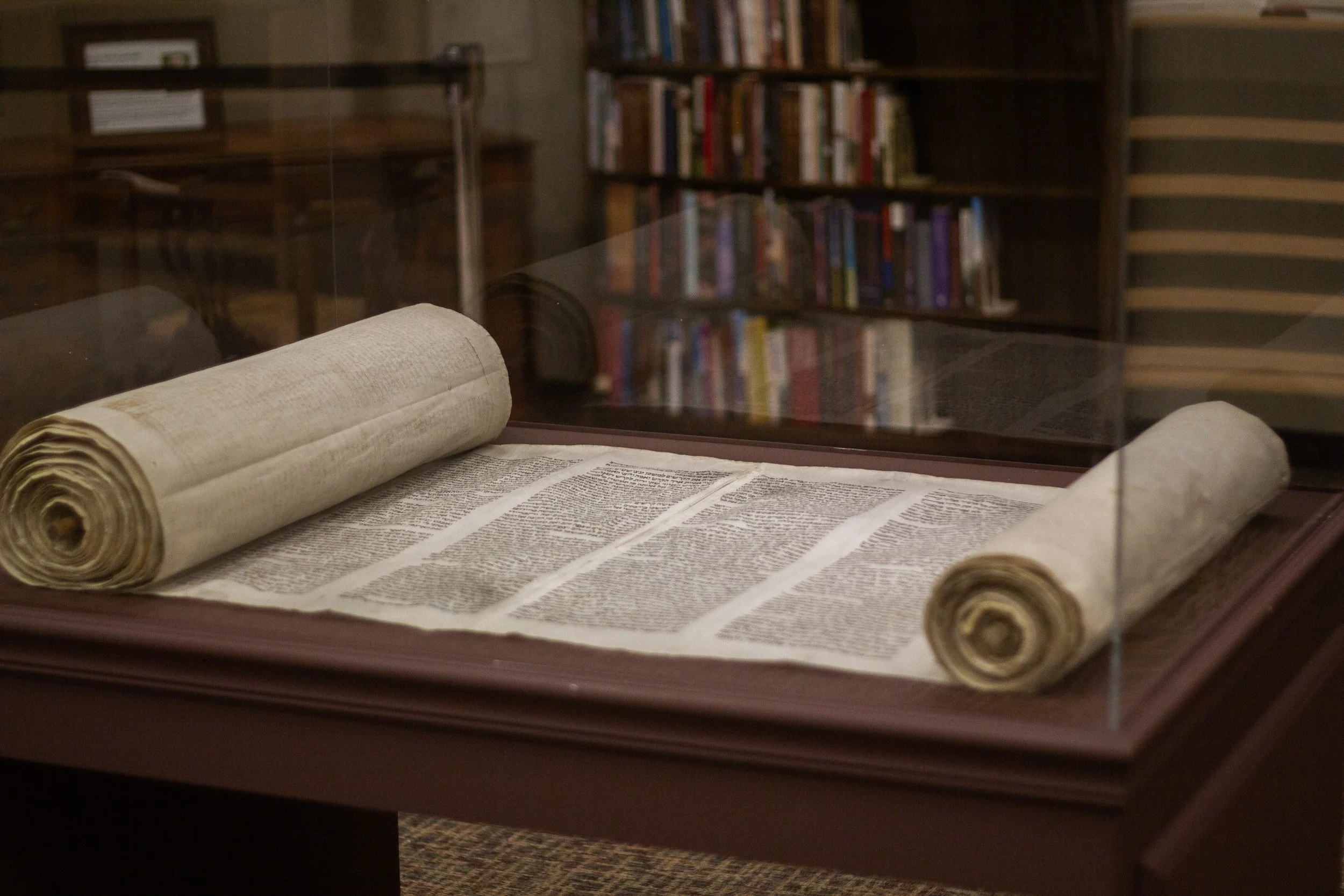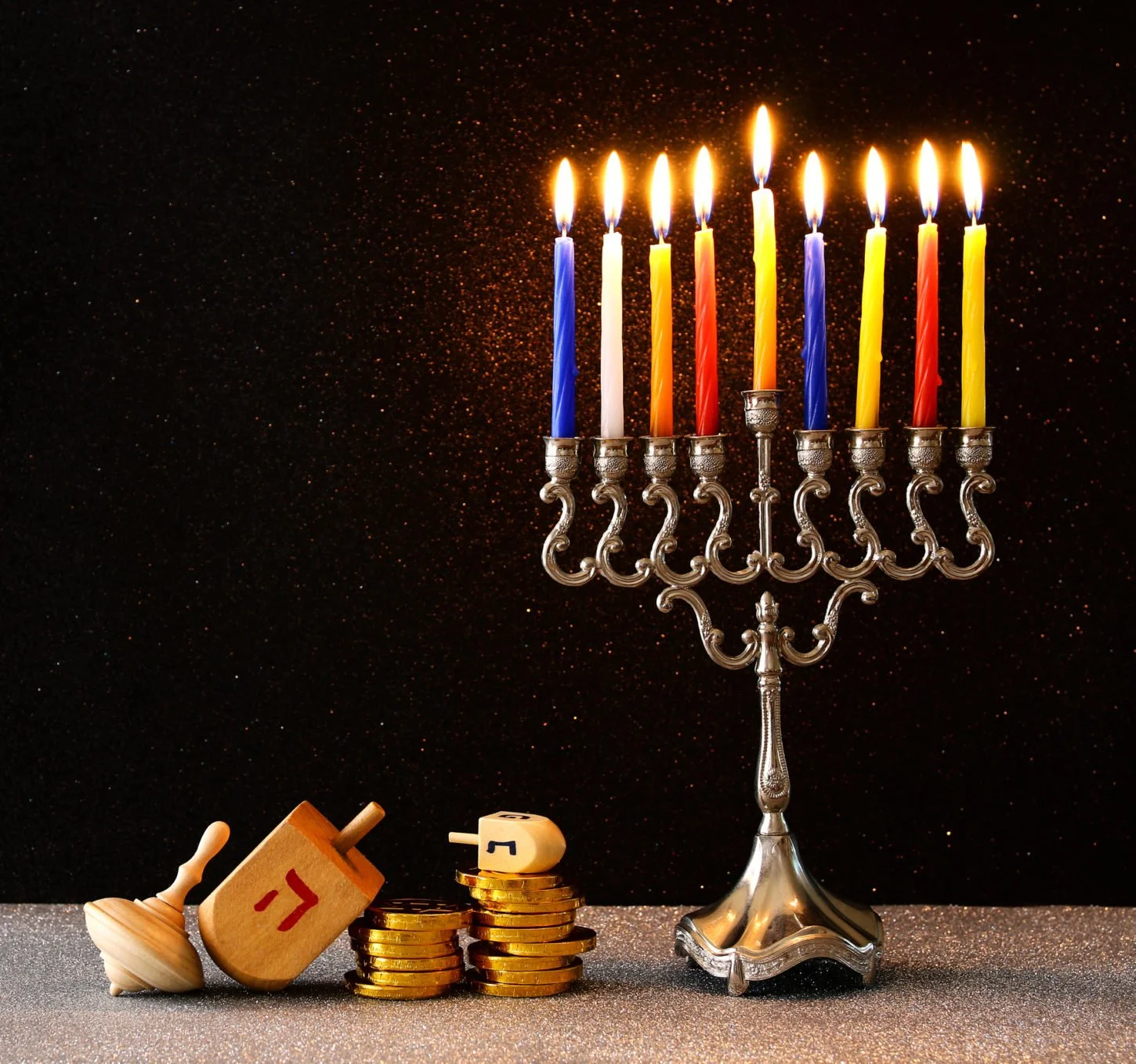After several years of the COVID shadow, the amplified effect of the usual stressors has caused many teachers to leave the field. For those who have toughed it out, the year starts anew in a couple of weeks. As they go once again into the fray, how can a teacher know whether the regular end of year fatigue is business as usual or indicates something more dire, like burnout?
Rabbi Shmuel Feld, Founding Director of the Jewish Education Innovation Challenge explores the difference between good exhaustion and burnout, specifically relating to those in the education field.
The “On the Move” Fellowship was developed by the Azrieli Graduate School of Jewish Education and Administration, in partnership with JEIC,and funded by the Mayberg Foundation. The goal was to harness the familiarity and access of Zoom and use the platform to provide opportunities to visit other schools, and learn about new innovations.
Dr. Deena Rabinovich, Director of Legacy Heritage Jewish Educators Project at Stern College for Women, Yeshiva University gives a glimpse of the program, process, and the lessons learned from fellowship participants.
"If our students understand Jewish history, they can understand the Jewish present, both personal and communal".
Director of the CESJDS Center for Excellence and Engagement in Jewish History, Rachel Bergstein, explores the impact and importance of Jewish history in the classroom as part of the big picture of Jewish identity.
“I believe that when something difficult takes place in the broader or more local community, be it a war, a mass shooting, a riot, or the death of a student or parent, it is incumbent upon the administration of the school to give teachers a set of overarching talking points. Both the word “overarching” and the phrase “talking points” are important here”.
JEIC Managing Director Sharon Freundel explains the need for cohesive messaging in schools surrounding world events and tragedies.
In this blog post, Rabbi Moshe Shields explains the importance of having electives and extracurriculars in Jewish Day Schools.
“Jewish schools need electives because a top priority should be to develop joy among students and deepen their connections to their learning. It is the time of the day where students are given the opportunity to explore their areas of passion and connect them to Judaism without it impacting the day-to-day curriculum of the school, without judgment, and without them feeling that there is just more learning being foisted on them.”
In HaYidion: The Prizmah Journal, JEIC Managing Director Sharon Freundel explains the seven advantages of the immersive nature of Jewish day schools.
“Seven years ago, the Judaic Studies faculty at Oakland Hebrew Day School (OHDS) asked our students to write down questions about Judaism. What topics interested them? What would they want to learn more about? What aspects of the Jewish tradition spoke to them? Where would they want to deepen their knowledge and their connection? We were shocked by the outcome. They had no questions.”
Bat Sheva Miler, Associate Head of School at the Oakland Hebrew Day School (OHDS), outlines efforts to engage the students of OHDS through workshop-based initiatives. Read more to see how students’ attitudes shifted as a result.
“Boys and girls should be exposed to male and female teachers and administrators in order to benefit from the multiplicity of views and approaches unique to each gender,” she writes.
Jewish educators dream that students will turn our sacred texts again and again to find meaning and wisdom. But if, as Ben Bag Bag says, “all is in it,” how do we provide opportunities to uncover the riches of these texts without being overwhelmed by the sheer number of possibilities? How can our curriculum and pedagogy be coherent, so student learning is deep and focused? And how can our work with texts reflect our schools’ educational and religious orientations?
The Purim environment is rife with community-building opportunities. We often live our Jewish lives, each in our own world, focusing attention on our individual matters. This narrow approach fractures the Jewish community. Purim provides an opportunity for the Jewish community to heal rifts, repair fissures, and hug our people in harmony…all while displaying a little silliness.
David Farbman, project manager of the DEEP Consortium, shared his expert advice on how Jewish day schools can achieve excellence and set high standards without losing their independence and autonomy.
During the Jewish Disability Awareness & Inclusion Month of February, Sharon Freundel suggests some ways we can make Jewish learning more accessible to a wide variety of learners.
On February 8, over 80 Jewish education leaders from around the country came together for a winter seminar hosted by Lifnai V’Lifnim, a JEIC partner. Read about this collaborative conference in The Jewish Link.
Rabbis Kaunfer and Tucker talk about how to inspire children and families to learn Torah together through Devash, a publication created in collaboration with our partner, Pedagogy of Partnership.
How can Jewish day schools retain well-trained staff in today’s complex labor market? David Farbman, project manager for the DEEP Consortium, argues in an eJewish Philanthropy article that effective, focused professional development opportunities are critical to solving the teacher shortage.
Multiple problems face Jewish day schools. The position of master teacher has the potential to solve at least some of those issues and strengthen our schools and our students.
Religious education is predicated, at least partially, on belief, a concept which was once basic to American life writ large. In this generation, however, our children are increasingly exposed to a powerful secular culture that, to a great extent, eschews belief in anything that cannot be empirically measured. As a result, even students in the more sheltered Orthodox Jewish day schools are often not confident in their religious identities, with ever increasing numbers disassociating from Judaism altogether.
Our children are growing up in a world where everyone’s opinion seems to count equally. As teachers, we can help create a framework for our students to understand several levels of knowledge and wisdom.
JEIC Founding Director, Rabbi Shmuel Feld, addresses some surprising misconceptions about Chanukah. Rabbi Feld explains the origins of the game of dreidel, uncovers a fun fact about sufganiyot, and answers whether there’s a minimum number of presents to give during Chanukah. You may be surprised at what you thought you knew about the Festival of Lights.





















